Pockets of Hope

When I think of Baltimore, I often think of my early childhood home with a large magnolia tree in the front yard and a tall, hemlock pine in the back, where my siblings and I used to climb and play amongst the branches to our hearts content. I think of the cookies my sisters and I would sell in the neighborhood without supervision, pulling our bright red Flyer wagon full of a variety of cookies behind us. I was only 6 when we moved away, but I remember, even then, after being robbed multiple times and my brother being held up with a gun when he was 10 for his bike, that I felt fear.
It wasn’t until I was older that I began to hear negative statistics about Baltimore and I came to see my siblings’ and my childhood experiences there in a new light. Amidst all the negative media coverage, it’s easy to believe that Baltimore continues in a downward spiral and there isn’t much hope.
This year, from the first day of City Mission, I had the phrase “It’s not a sprint, it’s a marathon” on my heart. As an athlete, I’ve always preferred sprinting over distance running and that’s true in other aspects of my life as well. The Lord has taught me a lot of patience through the years and, through seasons of burn out, He’s taught me to pace myself more and rely on Him instead of trying to make change happen all on my own. So when this impression came to my heart, I didn’t question it. Looking back now, it feels like a gift from the Holy Spirit because He knew how much I needed that reminder.
I’ll be honest…It felt heavy seeing a woman come through a food pantry with her face apparently beaten and her eyes red and to watch as they called a volunteer over because she couldn’t walk through by herself. Then overhearing another volunteer reminding her “I’m only a phone call away, okay? One phone call and we can get you out of there.” It feels heavy when you walk into a tent city, hidden from the road, and see kids running around, documented or not, with people passed out on the ground (you hope it’s not worse than that) and you learn that some of these individuals used to be businessmen and women, lawyers, police officers, etc. – people who hadn’t spent all of their lives at the bottom. It feels heavy knowing that a stone’s throw from one of the churches we partner with is the sex trafficking hub of the city. It feels heavy when a woman graduates from a recovery program and dies after running into someone she once did drugs with; one last hit and she was gone… just as she was beginning to rebuild her life.
One evening someone in the group shared that these churches, ministries, and organizations that we partner with in Baltimore are like “Pockets of Hope.” It felt like the perfect description. That’s truly what these places are.
Because of these “Pockets of Hope,” we also experienced joy and immense encouragement, not just heaviness. We got to see how much good happens on a daily basis to help people in need, some desperately so. One of these places, after operating solely as a food pantry for a while, decided to expand and offer a deeper level of care through education, job resources, clothing distribution and more. We toured a large warehouse that is going to be an additional extension of their non-profit organization. It is so exciting to see their vision for the future and to think of how many lives will be touched there.
It’s a joy working together to be the hands and feet of Christ. Going out as a team and partnering with those who are already aware of needs in the city and who are actively giving of their time and resources is both encouraging and helpful to us as we try to make the most of our time there. These “Pockets of Hope” are essential to the mission there. Without them, not only would we become discouraged and overwhelmed, we would be in over our heads. It’s in these places that we’re given a tangible reminder that God truly is at work—whether we see it or not. We’re not there to fix everything, we’re not there to jump in and take over. We’re there to walk alongside, to plant seeds, to water seeds, to give a word of encouragement, a smile, or a hug.
The phrase I mentioned earlier, “it’s not a sprint, it’s a marathon” served as a subtle reminder to me to let go and free my heart from the burden of expectation of wanting to see certain results and change happen, in order to embrace being a part of what God is doing right in front of me. I really felt free to do that.
As I’ve continued to think about this phrase, I’ve realized how much it really applies to all of life and ministry as a whole. If we’re in this for the long haul, pacing ourselves and living out our callings through the work of the Holy Spirit within us, is essential. Our hearts were never meant to carry the burdens of the whole world. Many of us are often weighed down from the burden of too much news from all over the world, to the point where our discouragement becomes immobilization and we end up doing nothing. It’s just too much.
In Matthew 11:28-30, Jesus says “Come to me, all you who are weary and burdened, and I will give you rest. Take my yoke upon you and learn from me, for I am gentle and humble in heart, and you will find rest for your souls.For my yoke is easy and my burden is light.” My prayer is that we would take this to heart. When we give those burdens to God, we free ourselves up to be a vessel for good instead of being so consumed with worry and anxiety that we can’t be effective at all. When we leave it in God’s hands, it frees us up to allow His love, joy, hope, peace and other fruits of the spirit to take up residence in our hearts and flow out from there. That is such an essential part of being the hands and feet of Christ because those are the things that point others to Christ – the fruit of His spirit within us.
We go, we speak, we care for others and act as His hands and feet, we love, we encourage, we speak the truth… and then we need to let God do the work of the heart. The Holy Spirit changes hearts, not us.
It is such an honor to partner with these “Pockets of Hope” in Baltimore – from recovery programs, to food distribution centers and churches in the heart of Baltimore that are out there every day reaching out to the lost. We are so encouraged and excited by what God is doing in this city and are blessed to be a part of it, even in a small way.
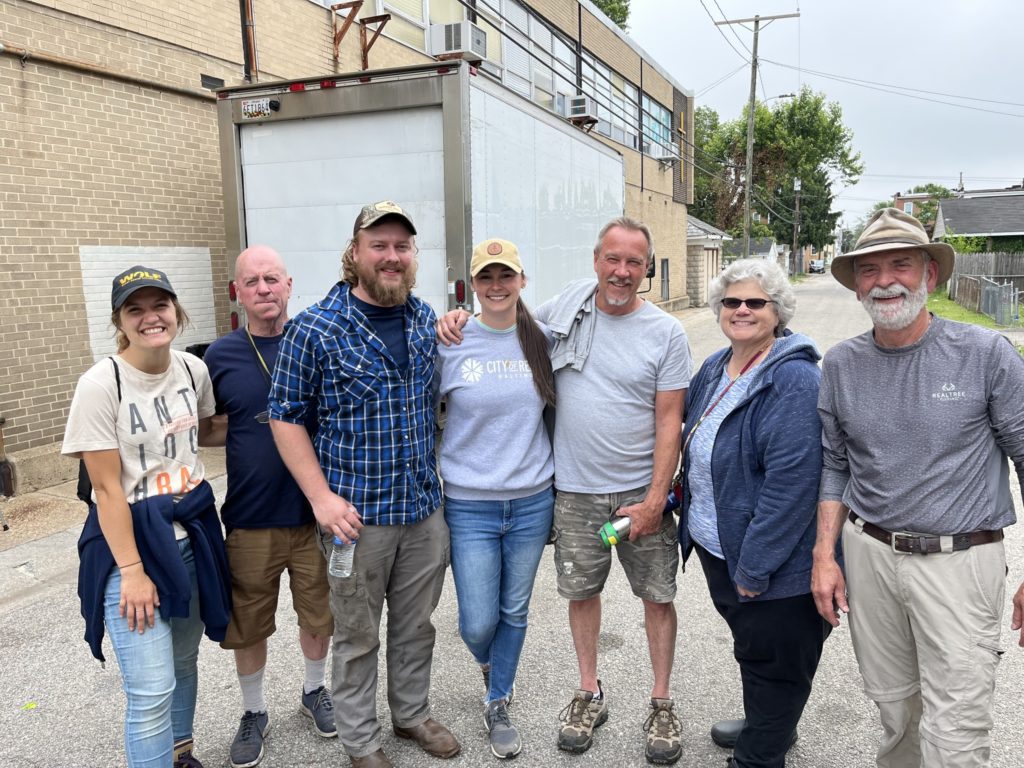
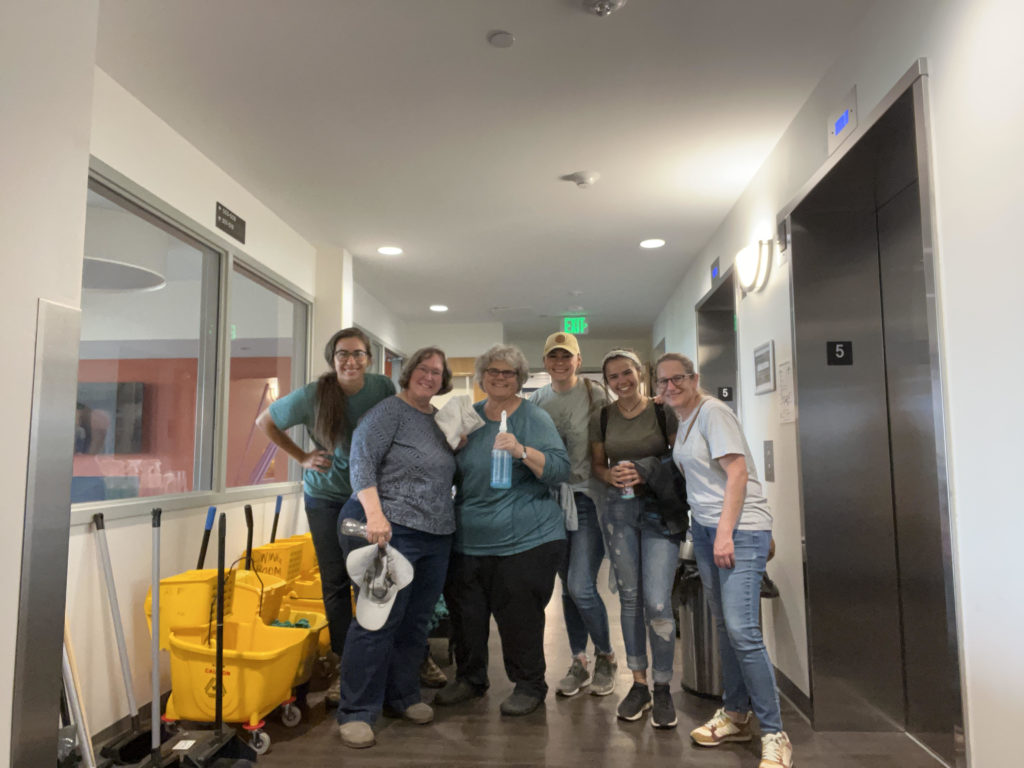
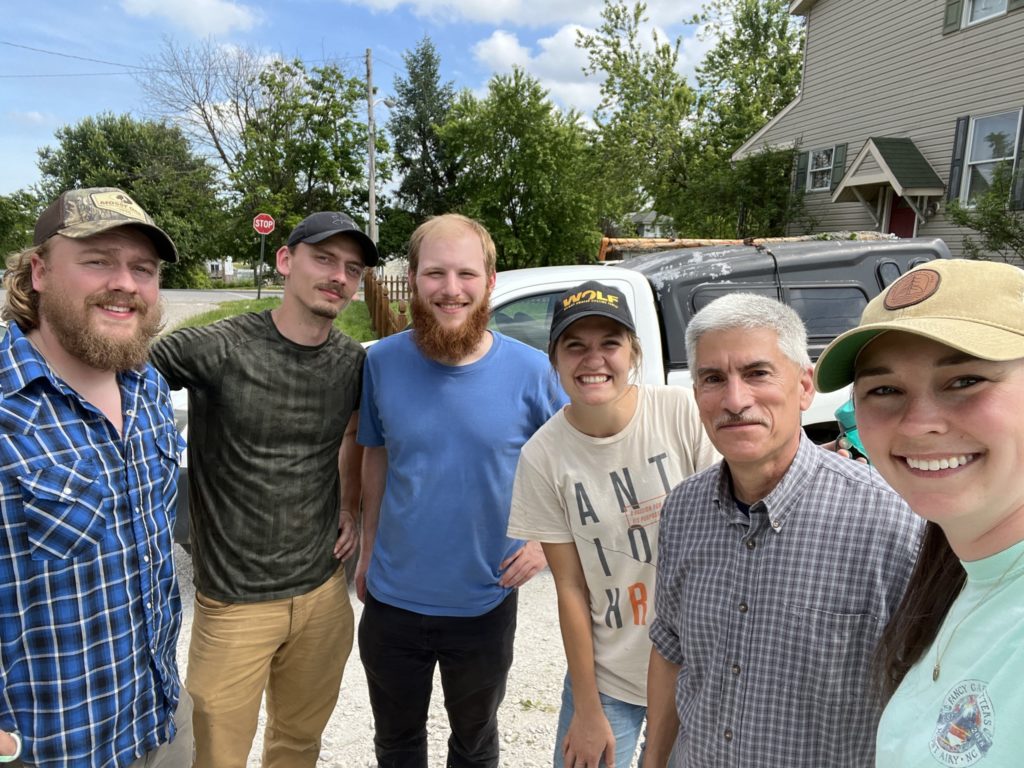
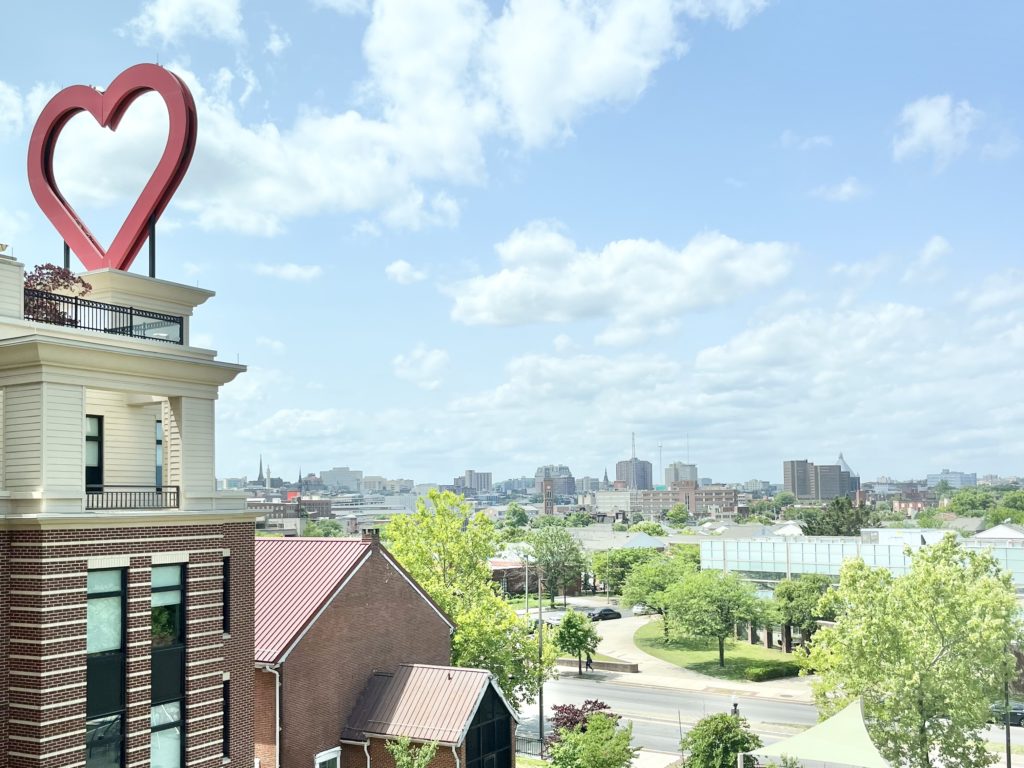
Helping Up Mission – The Center for Women & Children
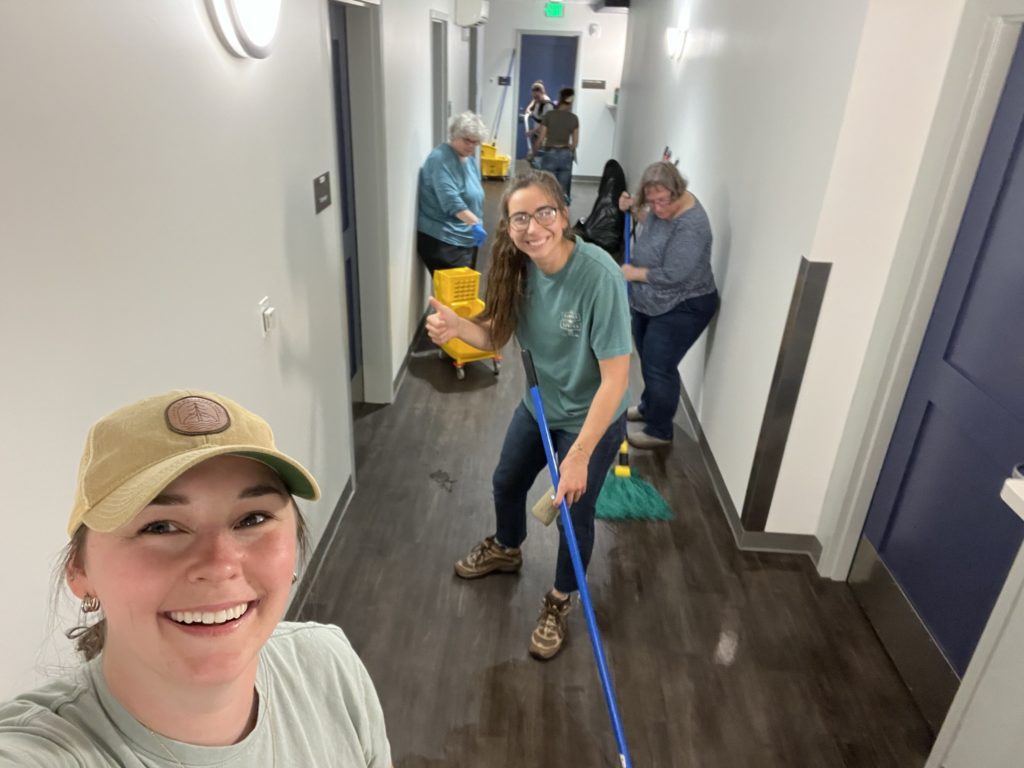
Mother Teresa once said, “The biggest disease today is not leprosy or tuberculosis, but rather the feeling of being unwanted, uncared for and deserted by everybody. The greatest evil is the lack of love and charity, the terrible indifference toward one’s neighbor who lives at the roadside, assaulted by exploitation, corruption, poverty and disease.” Her response to that? “Do small things with great love.”
That “small thing” is significant and may have a bigger impact than you or I could ever imagine.
“Now all glory to God, who is able, through His mighty power at work within us, to do infinitely more than we might ask or think.” -Ephesians 3:20
Images were provided by Teresa Dubyoski.
